What is Mitral Valve Replacement?
MVR surgery is referred to as mitral valve repair surgery which is mainly done to either repair or replace the leaky or stiff mitral valve of the heart. The mitral valve is the valve located in between the left atria and left ventricle. Mitral valve repair surgery is a minimally invasive surgery done through several small incisions.
Mitral Valve Surgery types
As discussed above, mitral valve surgery will be done by the following types:
- Mitral valve repair: During the repair procedure, the surgeon will make an incision in the chest to access the heart. After that, the leaky or narrowed valve will be fixed using sutures, rings, or other techniques.
- Mitral valve replacement surgery (open heart): This procedure involves replacing the diseased valve with a prosthetic valve. Prosthetic valves are available in two main types: tissue and mechanical. It is a traditional and invasive surgery.
- Transcatheter mitral valve replacement (TMVR): A minimally invasive approach to replacing a damaged mitral valve, TMVR serves as an alternative to open cardiac surgery. Unlike traditional surgery, which entails a large chest incision, TMVR accesses and replaces the valve through a blood artery, typically in the leg or groin, using a small, flexible tube known as a catheter..
| Procedure Name | Mitral Valve Replacement(MVR) |
|---|---|
| Type of Surgery | Can be performed as open invasive or minimally invasive |
| Type of Anesthesia | Local or General Anesthesia |
| Procedure Duration | Typically 2 to 4 hours |
| Recovery Duration | A few days of hospital stay followed by a few weeks of rest to fully recover |
Mitral Valve Replacement(MVR): Pre-Op & Post-Op Care
Prepartion Before Valve Repair
The patient will undergo general anesthesia before being connected to a heart-lung bypass machine, which ensures continuous blood flow throughout the body during the surgery.
During the procedure
To access the heart, the surgeon will make an incision in the chest. The damaged mitral valve is removed during mitral valve replacement surgery and is replaced with either a mechanical valve or a biological tissue valve—a valve created from the heart tissue of a pig, cow, or human.
After Mitral valve surgery
Patients will often stay in the intensive care unit (ICU) for one or more days based on the particular condition.Patients might have IV fluids and medication throughout the hospital stay, including oxygen and pain medication. Regular checks of the blood pressure, respiration, and heart rate will be performed by the healthcare providers.
Post operative care
In a transcatheter procedure, the patient may not require admission to the intensive care unit (ICU), but will usually remain in the hospital for at least one night, and this method does not require any fluid drainage. After the MVR procedure, standard instructions will be given to the patient regarding daily activities, including driving, working, and exercising.. Regular follow-ups and health check-ups need to be done post mv repair surgery, as recommended.
Recovery After Mitral Valve Repair
Recovery from mv replacement surgery usually ranges from 4 to 8 weeks. However, the recovery period might vary from person to person based on the severity of the disease, overall health condition, type of surgical method underwent, and age. Minimally invasive MV repair has a number of benefits over traditional open-heart mitral valve replacement, including smaller incisions, a shorter length of hospital stay, and the ability for most patients to gradually resume light activity within two weeks and possibly return to normal activity levels (apart from heavy lifting) within six to eight weeks.
Benefits of Mitral Valve Replacement(MVR) at Yashoda Hospitals
- Effective Repair: Our comprehensive evaluation and personalized treatment plans ensure effective MVR surgery.
- Experienced Surgical Team: With years of experience, our skilled surgeons perform mitral valve surgery procedures with precision and expertise.
- Efficient Care: We strive to provide timely diagnosis and prompt initiation of treatment strategies, ensuring efficient care and optimal outcomes.




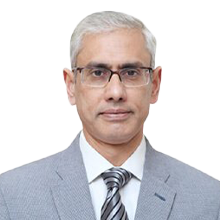
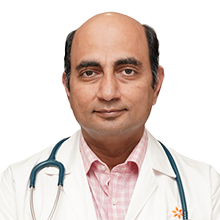




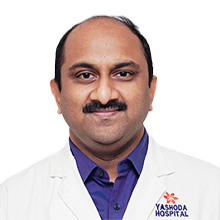


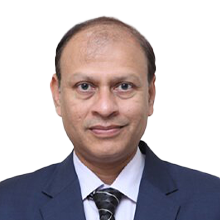


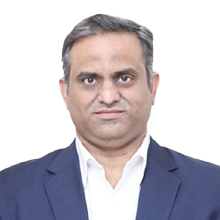

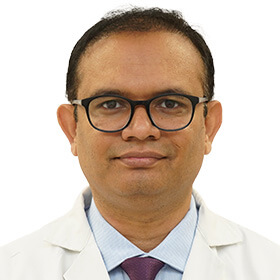






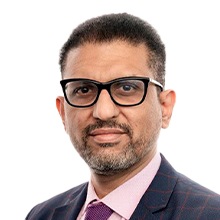


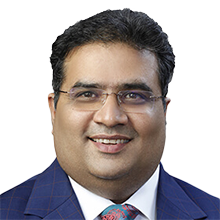













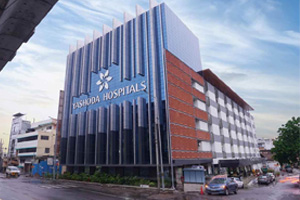
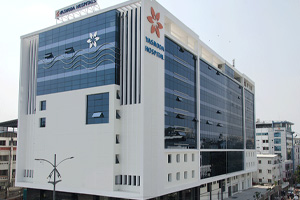
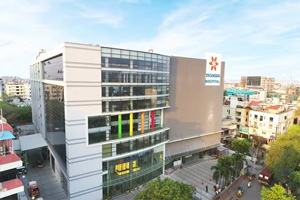
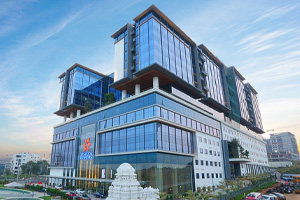
 Appointment
Appointment WhatsApp
WhatsApp Call
Call More
More